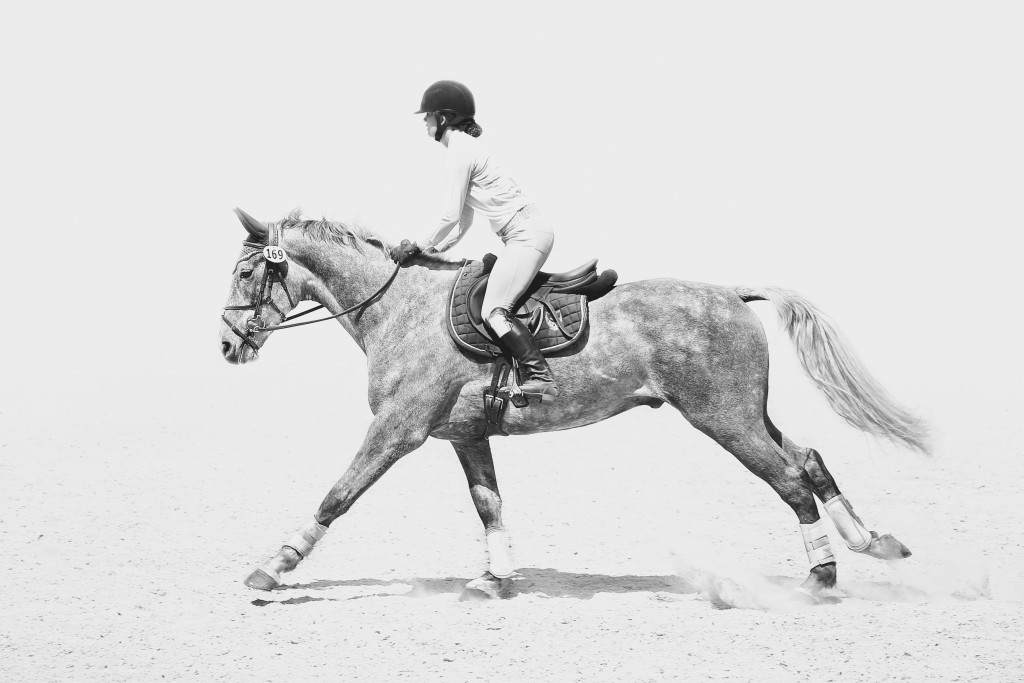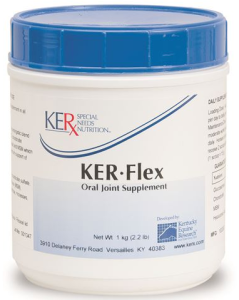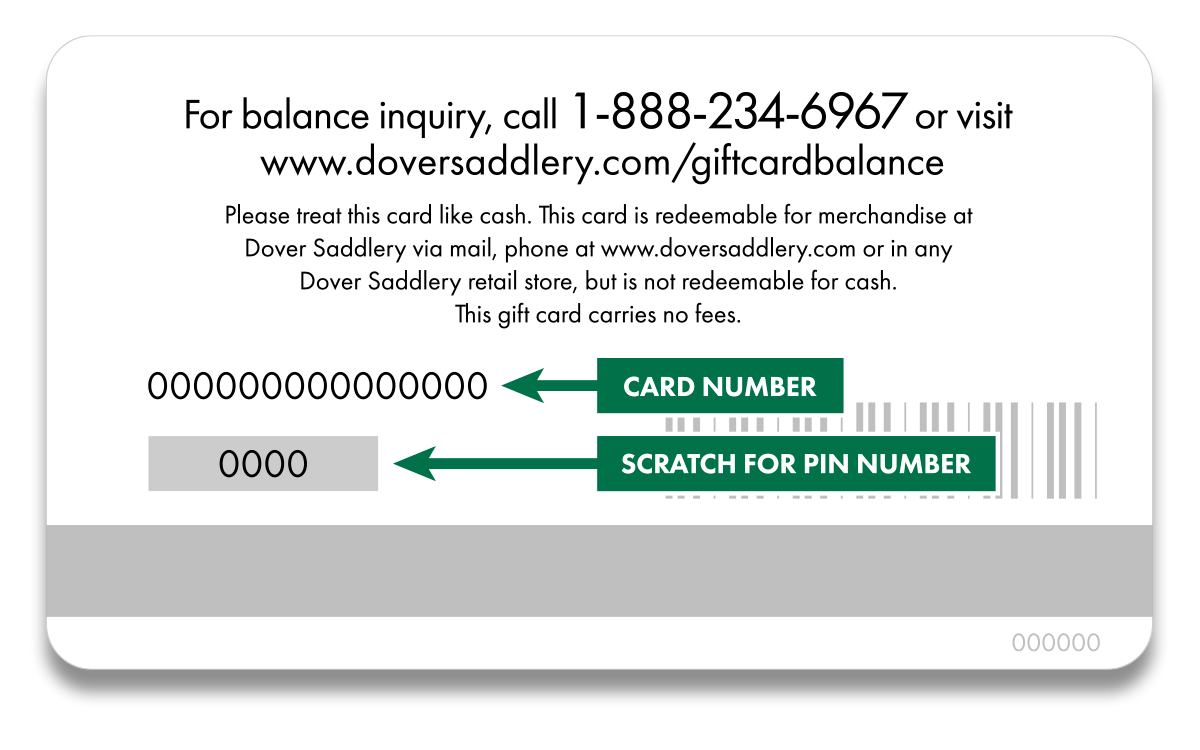 Kentucky Equine Research explains what puts stress on your horse’s joints and how to help keep them supported and healthy.
Kentucky Equine Research explains what puts stress on your horse’s joints and how to help keep them supported and healthy.
A lot of demand is placed on horses, including their joints, during any form of exercise. To ensure healthy joints, horse owners must provide adequate and supportive nutrition.
The key to overall health in horses is good nutrition. If a horse gains too much weight too fast when he is young, the weight puts too much strain on his skeletal assets. It is more effective to feed a horse for gradual growth, whether he is young or just trying to add muscle and weight through conditioning.
The term gradual applies to more than just feeding. It is also best to gradually put horses into training, especially after some time off. This allows  the horse’s bones, muscles, heart and lungs to adapt to the demands placed on them. Also try to avoid exercise on hard surfaces since it puts extra stress on a horse’s joints.
the horse’s bones, muscles, heart and lungs to adapt to the demands placed on them. Also try to avoid exercise on hard surfaces since it puts extra stress on a horse’s joints.
Joint supplements can be added to a horse’s diet to help support joint health and keep many older horses active. KER•Flex® contains high-quality glucosamine HCl and chondroitin sulfate to assist horses in maintaining joint integrity and help reduce damage to cartilage and stimulate cartilage repair. In older horses, KER•Flex may slow the progression of arthritic changes.



